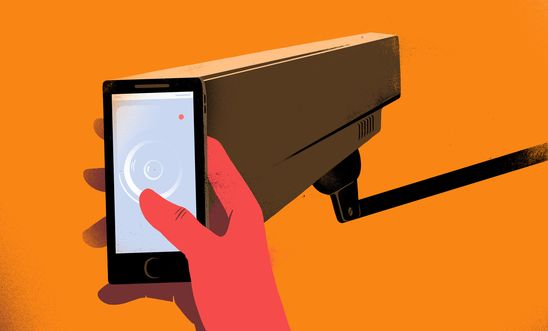
Press releases
COVID-19: Governments must not 'sleepwalk into surveillance state'

More than 100 NGOs set out strict restrictions on governments across the world to prevent surveillance overreach
'Technology can play an important role in the global effort to combat the COVID-19 pandemic, however, this does not give governments carte blanche to expand digital surveillance’ - Rasha Abdul Rahim
With governments across the world rapidly expanding the use of digital surveillance in an attempt to combat the COVID-19 pandemic, Amnesty International and other leading NGOs have set out strict conditions that must be met to safeguard human rights and prevent surveillance overreach.
More than 100 human rights groups from across the world joined Amnesty in signing the statement, including Access Now, Human Rights Watch and Privacy International.
The statement warns that an increase in state digital surveillance powers, such as obtaining access to mobile phone location data, threatens privacy, freedom of expression and freedom of association, in ways that could violate rights and degrade trust in public authorities.
It calls on governments across the world to ensure any surveillance measures adopted to address the pandemic remain lawful, necessary and proportionate.
Rasha Abdul Rahim, Deputy Director of Amnesty Tech, said:
“Technology can play an important role in the global effort to combat the COVID-19 pandemic, however, this does not give governments carte blanche to expand digital surveillance.
“The recent past has shown governments are reluctant to relinquish temporary surveillance powers. We must not sleepwalk into a permanent expanded surveillance state.
“Increased digital surveillance to tackle this public health emergency, can only be used if certain strict conditions are met. Authorities cannot simply disregard the right to privacy and must ensure any new measures have robust human rights safeguards.
“Wherever governments use the power of technology as part of their strategy to beat COVID-19, they must do so in a way that respects human rights.”
The full joint statement is available here.